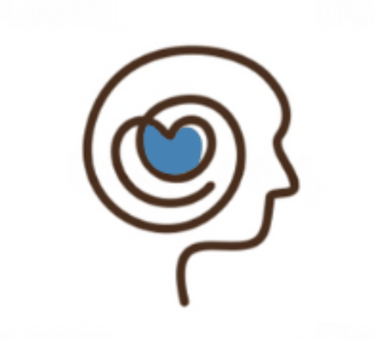How Social Media Could Be Impacting Your Mental Health"
Social media affects daily life but can lead to comparison, addiction, and cyberbullying for teens. Setting boundaries and mindful use can improve your mental health.


Social media has become a big part of society today. Whether you use it to communicate with others or learn more about topics you are interested in, social media greatly affects your everyday life. While for adults it is easier to manage social media and the side effects that come with it, teenagers might not have the same mental capabilities to manage these side effects. By choosing to use social media while you are expanding your horizons, you are also putting yourself in harm's way. What exactly are the effects of social media?
One of the pros of social media is being able to stay connected with people all over the world. Communication is now easier than ever; you can stay connected with loved ones across the globe and those just a few minutes away. You can also have quick access to information and topics of interest to you. Social media allows you to share ideas, beliefs, and creations with the world. The possibilities are endless—you could learn anything using social media. Another benefit of social media for teens is access to mental health resources. Being connected to a large network of advice, resources, and others who might be feeling the same way provides a safe place to discuss what's going on. Being able to talk to others is a great aspect of social media because it can make teens feel less alone and help improve their mental health.
While social media can help in many ways, there are also cons to using it. One significant issue is that teenagers constantly compare themselves to others. Social media platforms give users the means to compare themselves to others and seek approval for their appearance, which has been linked to body image issues. Teenagers who spend a lot of time scrolling and posting are most susceptible to this. People who use social media five or more times a day are likely to associate their worth with their appearance. The main problem isn't social media itself; it only provides a medium that elevates the issue.
Constantly being on social media can also lead to addiction. When you’re playing a game or accomplishing a task, you seek to do it as well as you can. Once you succeed, your brain gives you a dose of dopamine and other happiness hormones, making you happy. The same mechanism functions when you post a picture on Instagram or Facebook. When you see notifications for likes and positive comments, you subconsciously register it as a reward. This can create a need to post or be on social media to get that dopamine boost. When teenagers constantly get this dopamine boost, they can lose interest in everyday activities and only find happiness in being on social media.
Another major problem with social media is cyberbullying. Cyberbullying is when people use technology or other electronic means to comment negatively on others. Statistics show that 25% of teens are bullied, and 43% of those teens are bullied online. Data also shows that 9 out of 10 LGBTQ+ students are harassed both in person and online. Cyberbullying on social media is one of the leading causes of suicide among teenagers. Suicide rates among 10- to 14-year-olds have grown more than 50 percent over the last three decades, according to the American Association of Suicidology.
What can you do? Set boundaries when using social media. Taking breaks from social media when you’re at school or a family event is a great place to start. Learning when it is appropriate and when it is not to use social media can reduce the likelihood of becoming addicted. Be mindful of how you use social media. Commenting something negative that isn’t constructive criticism is cyberbullying. Be mindful of what you post and say; just because you can’t see who you’re affecting face-to-face doesn’t make it okay. If someone is bullying you online, there are many ways to confront them. Simply blocking and reporting the account is a good place to start. If the bullying continues, talk to a trusted adult such as a guardian, teacher, or counselor about what is going on and allow them to take action as they see fit.
When you follow accounts that promote negative or harmful activities, you’re more likely to want to participate in such activities. Clean up your feed and only follow accounts that promote healthy and positive activities. Understand online versus reality. Not everything you see on the internet is real. Many people use filters or only show you a small section of their life. Remember, they are also human, which means they are imperfect. Realize your own self-worth.
If you would like to learn more about the topic of finding resources here is a great place to start:
The Hope line: You can find advice and resources on many topics not just the ones talked
about here, you can also speak to a representative about how you are feeling and it is 100%
confidential. https://www.thehopeline.com/chat-live/
